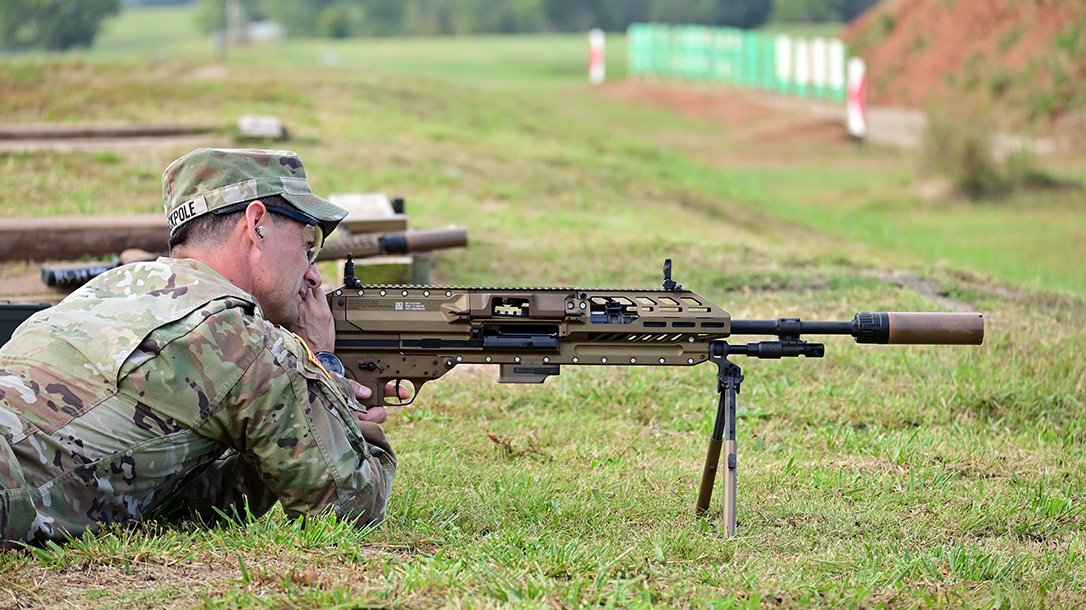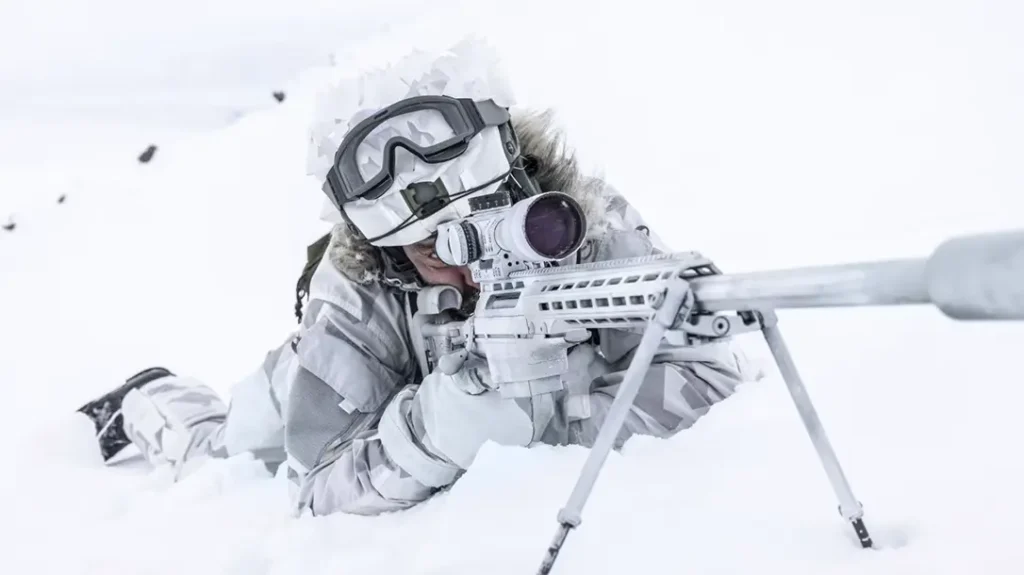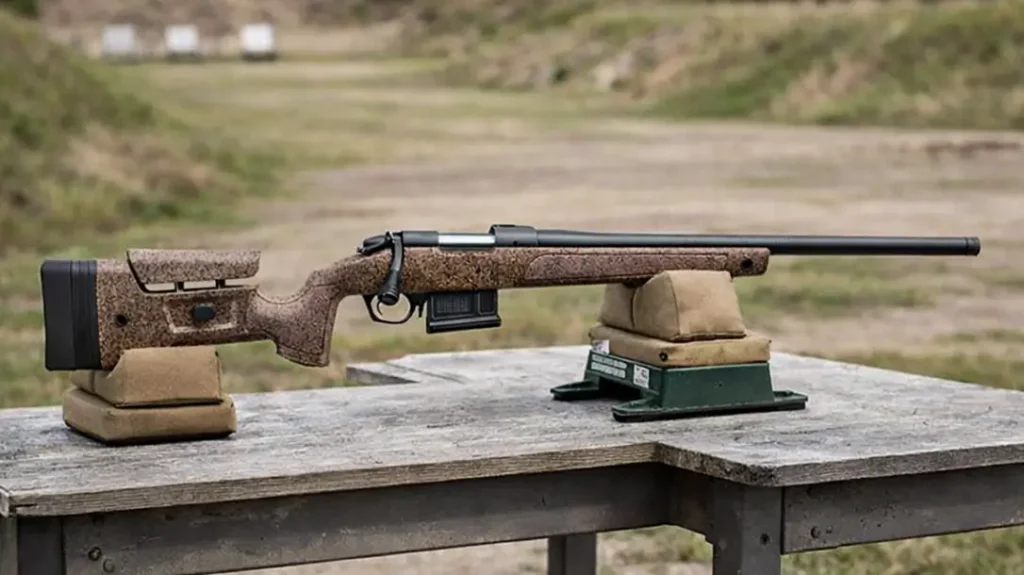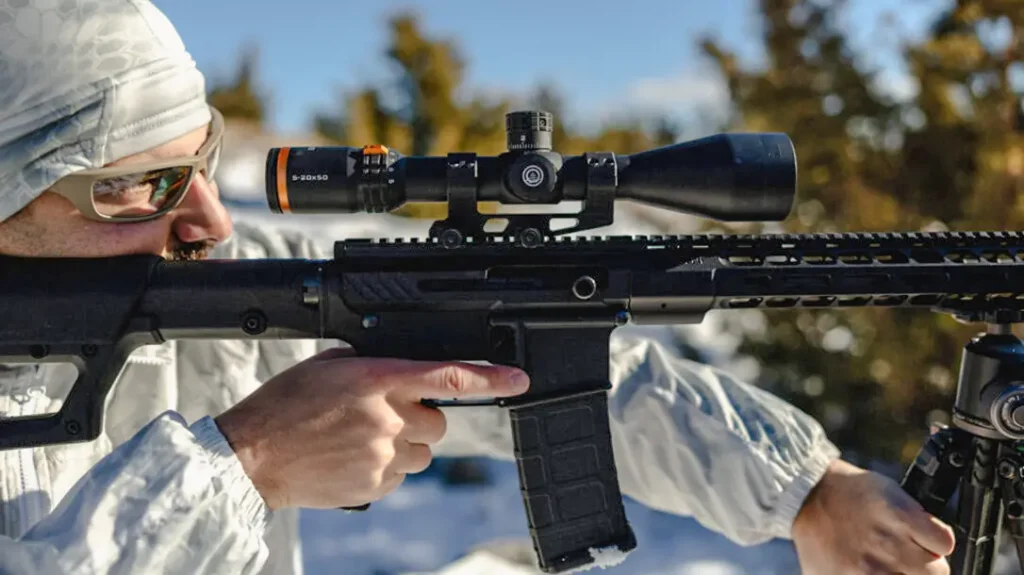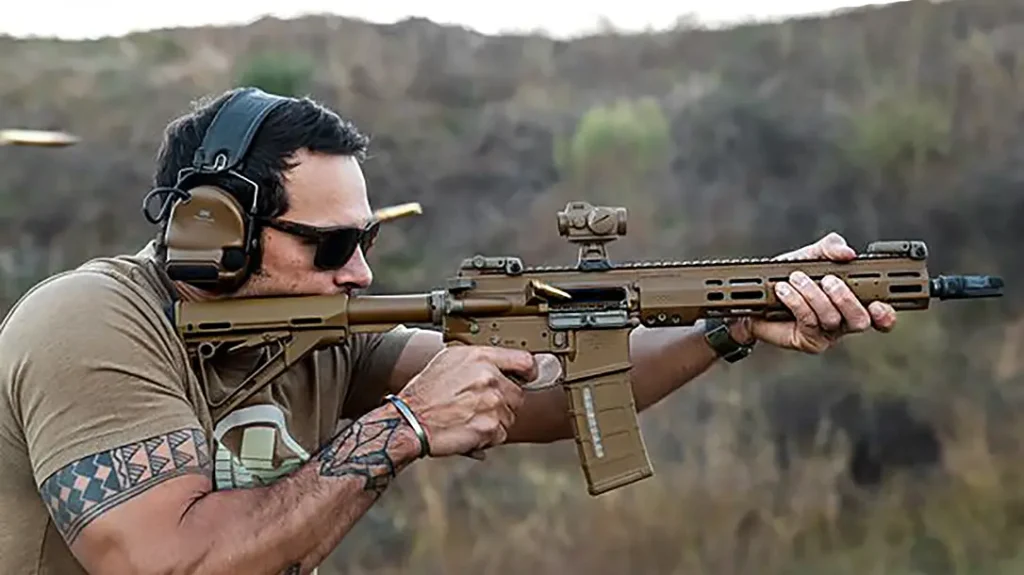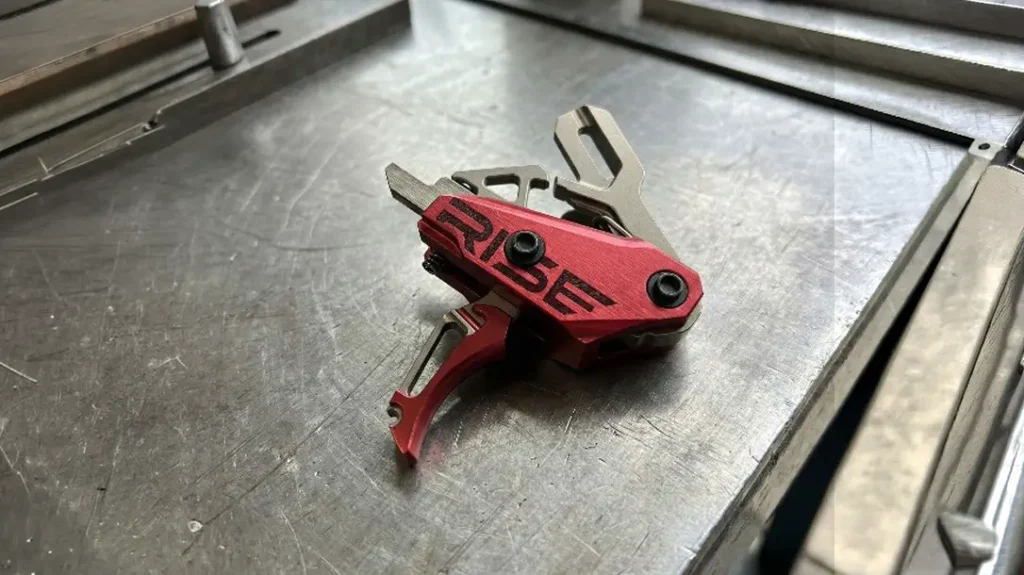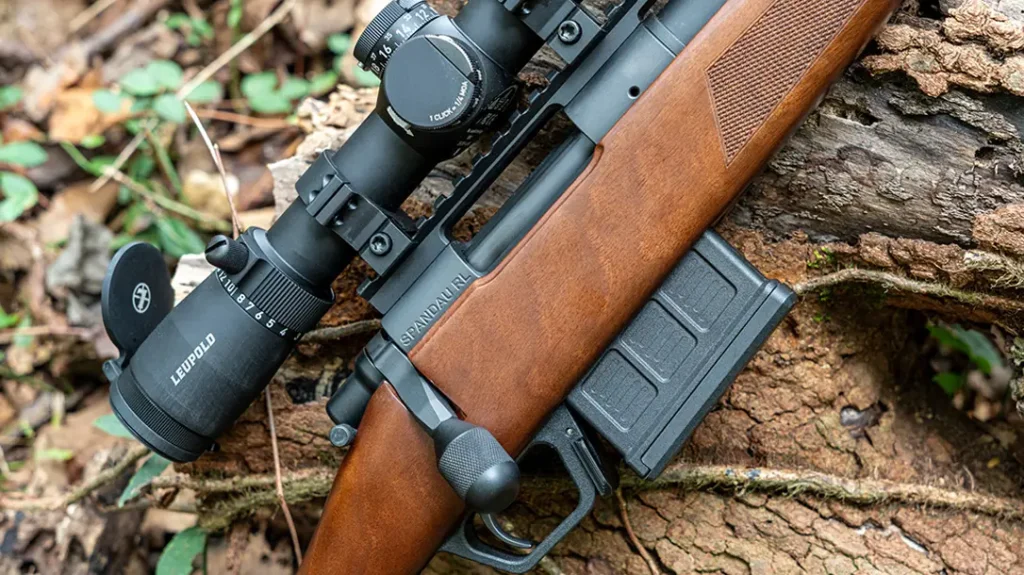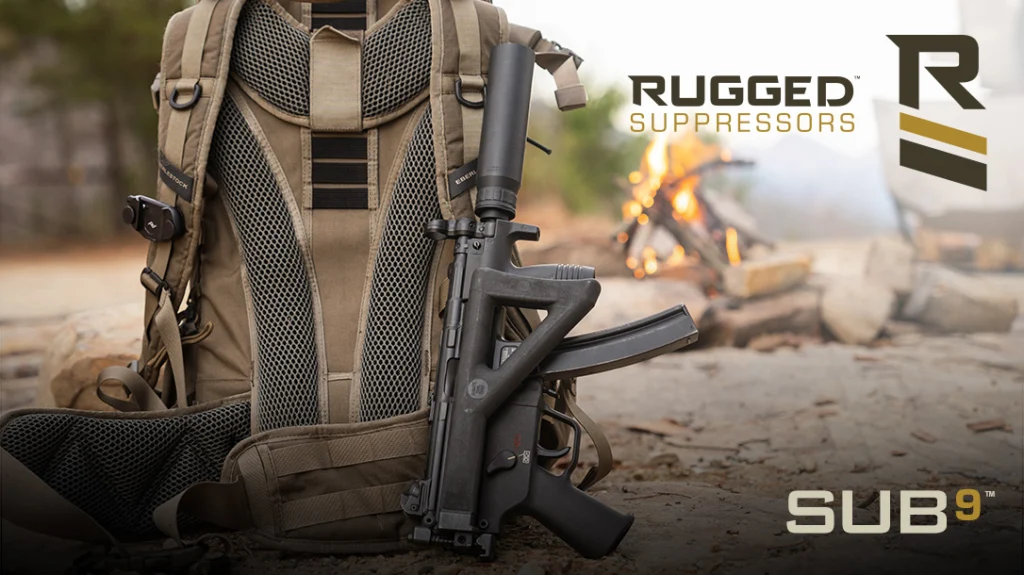The Army recently concluded cold weather testing on the Next Generation Squad Weapon (NGSW) rifle and machine gun variants. Soldiers tested the NGSW XM250 automatic rifle and XM7 rifle during an evolution at the Cold Regions Test Center at Fort Greely, Alaska. Temperatures reached 35 degrees below zero, enabling evaluation of mission-oriented tasks under Arctic conditions.
Army NGSW XM250, XM7 Cold Weather Testing
Testing began in late January, according to an Army press release. Soldiers completed a week of foundational new equipment training to familiarize with the weapon systems. Army infantry soldiers, cavalry scouts, combat engineers, forward observes and combat medics will field the 6.8mm-chambered weapons this year.
The NGSW team, which comprises the Soldier Lethality Cross-Functional Team (SL CFT), Program Executive Office Soldier, Joint Program Executive Office Armaments & Ammunition and industry partners, worked with a team from the Army Test and Evaluation Command to see how the extreme cold might affect the performance of the weapons, the ammunition, the fire control and power supplies.
Advertisement — Continue Reading Below
Testing wrapped up Feb. 9, and results will be made available to Army senior leaders soon.
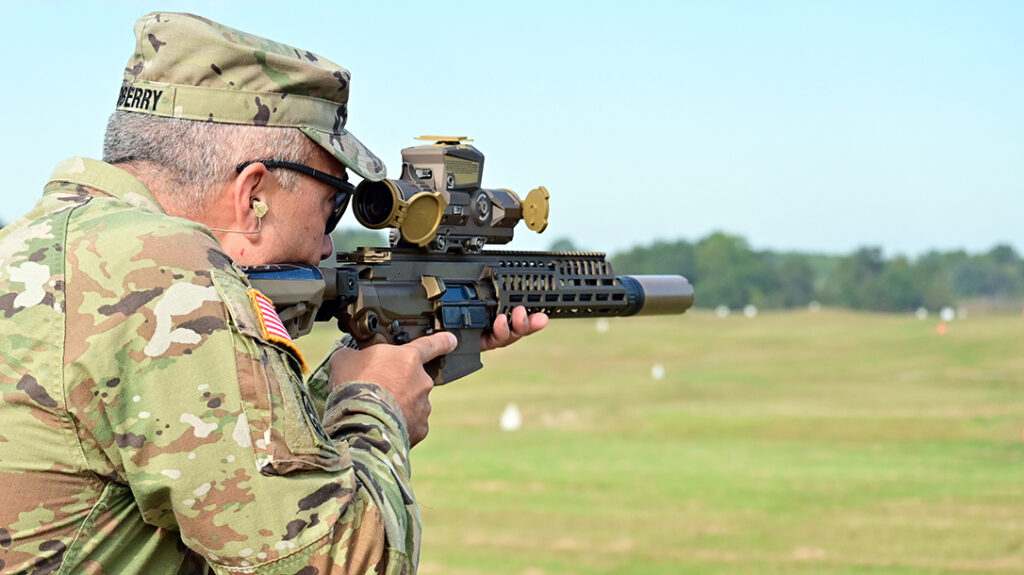
New Systems, New Processes
The process of developing and fielding transformational capabilities is no longer linear, said Brig. Gen. Monté Rone, director of the SL CFT. A platoon within the 101st Airborne Division completed a limited user test in November 2023 to assess the capabilities and limitations of the NGSW systems.
Advertisement — Continue Reading Below
“Once upon a time, we developed, tested and fielded capabilities in that order, and in doing so, sometimes we gave Soldiers what we thought they needed and not necessarily what they wanted,” said Rone, who also serves as the Commandant of the Infantry School. “We do things differently now, keeping Soldiers engaged in every step of the process in a variety of Soldier touchpoints, so we will give them the weapons they need to be more lethal and more survivable on the battlefield.”
Weather-testing events also give developers insights into how atmospheric conditions affect the Soldiers using the weapons.
Important Cold-Weather Testing
“Extreme cold can affect the weapon’s functionality, of course, but it also hinders a Soldier’s movement and mobility,” said Maj. Brandon Davis, a member of the SL CFT operations team at Fort Moore. “So which sling does he prefer in these conditions? Can he or she effectively manipulate the widgets on the weapon wearing gloves? We’re getting after every aspect of how the NGSW impacts lethality and mobility under extreme conditions.”
Advertisement — Continue Reading Below
The Army has scheduled NGSW testing in extreme heat and humidity for later this year.
